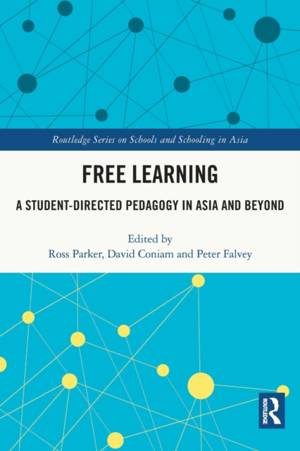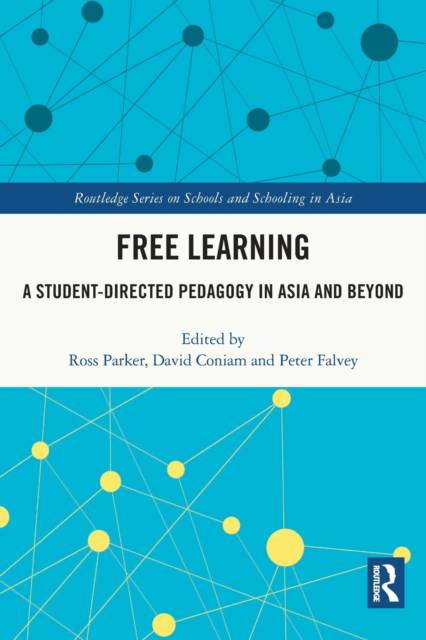
- Retrait gratuit dans votre magasin Club
- 7.000.000 titres dans notre catalogue
- Payer en toute sécurité
- Toujours un magasin près de chez vous
- Retrait gratuit dans votre magasin Club
- 7.000.0000 titres dans notre catalogue
- Payer en toute sécurité
- Toujours un magasin près de chez vous
Free Learning
A Student-Directed Pedagogy in Asia and Beyond
83,95 €
+ 167 points
Description
This edited volume explores, investigates and analyses Free Learning - an innovative approach to student-directed learning which seeks to challenge educational norms. Researchers and educators who are interested in student-directed methodologies, especially in Asia, will find that the practical accounts and analyses of Free Learning useful.
Spécifications
Parties prenantes
- Editeur:
Contenu
- Nombre de pages :
- 316
- Langue:
- Anglais
- Collection :
Caractéristiques
- EAN:
- 9780367714024
- Date de parution :
- 31-05-23
- Format:
- Livre broché
- Format numérique:
- Trade paperback (VS)
- Dimensions :
- 156 mm x 234 mm
- Poids :
- 480 g

Les avis
Nous publions uniquement les avis qui respectent les conditions requises. Consultez nos conditions pour les avis.





